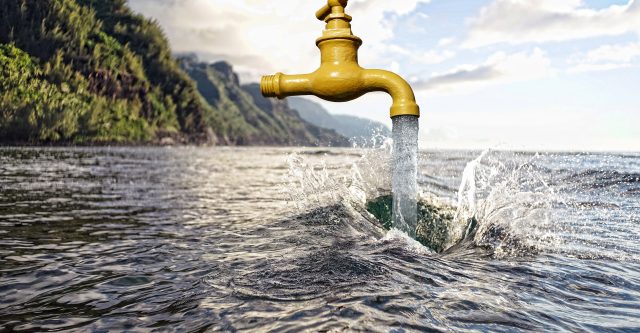
Hard water contains high levels of dissolved minerals, primarily calcium and magnesium. While these minerals aren’t harmful to your health, they can cause a range of issues in your home and daily life.
Soap Scum: Hard water reacts with soap to form a sticky residue on surfaces.
Stiff Laundry: Clothes washed in hard water often feel rough and look dull.
Scale Buildup: Mineral deposits can clog pipes and reduce the efficiency of appliances.
Dry Skin and Hair: Hard water can strip moisture from your skin and hair, leaving them dry and irritated.
If you’re experiencing any of these issues, a water softener could be the solution you need.
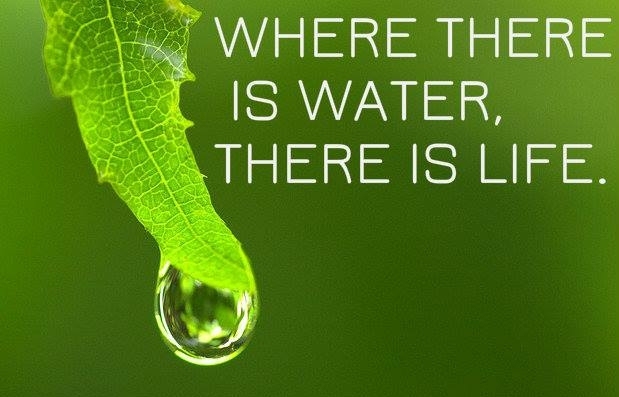

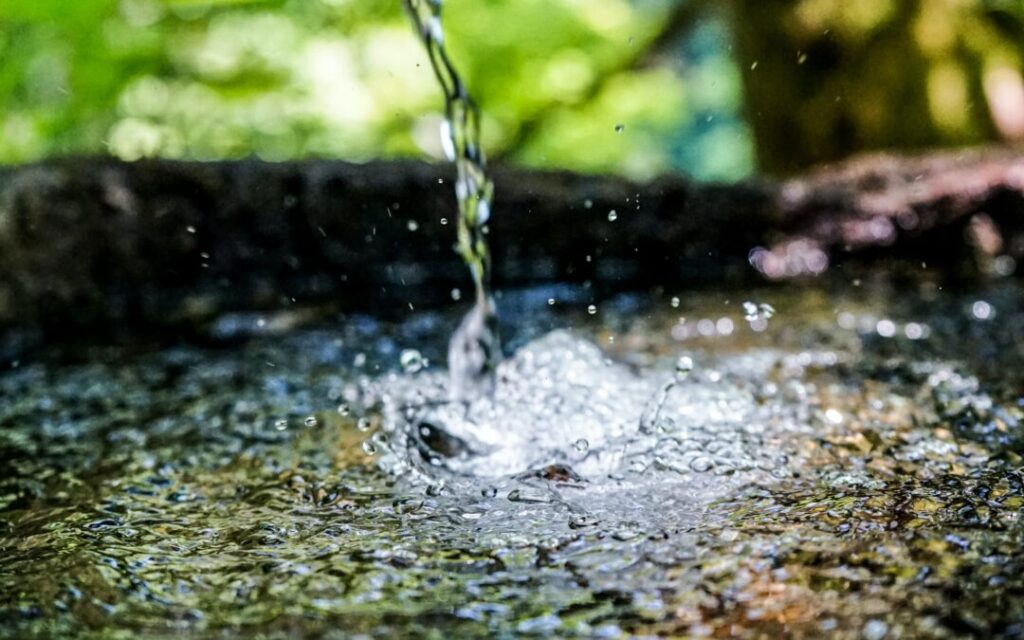
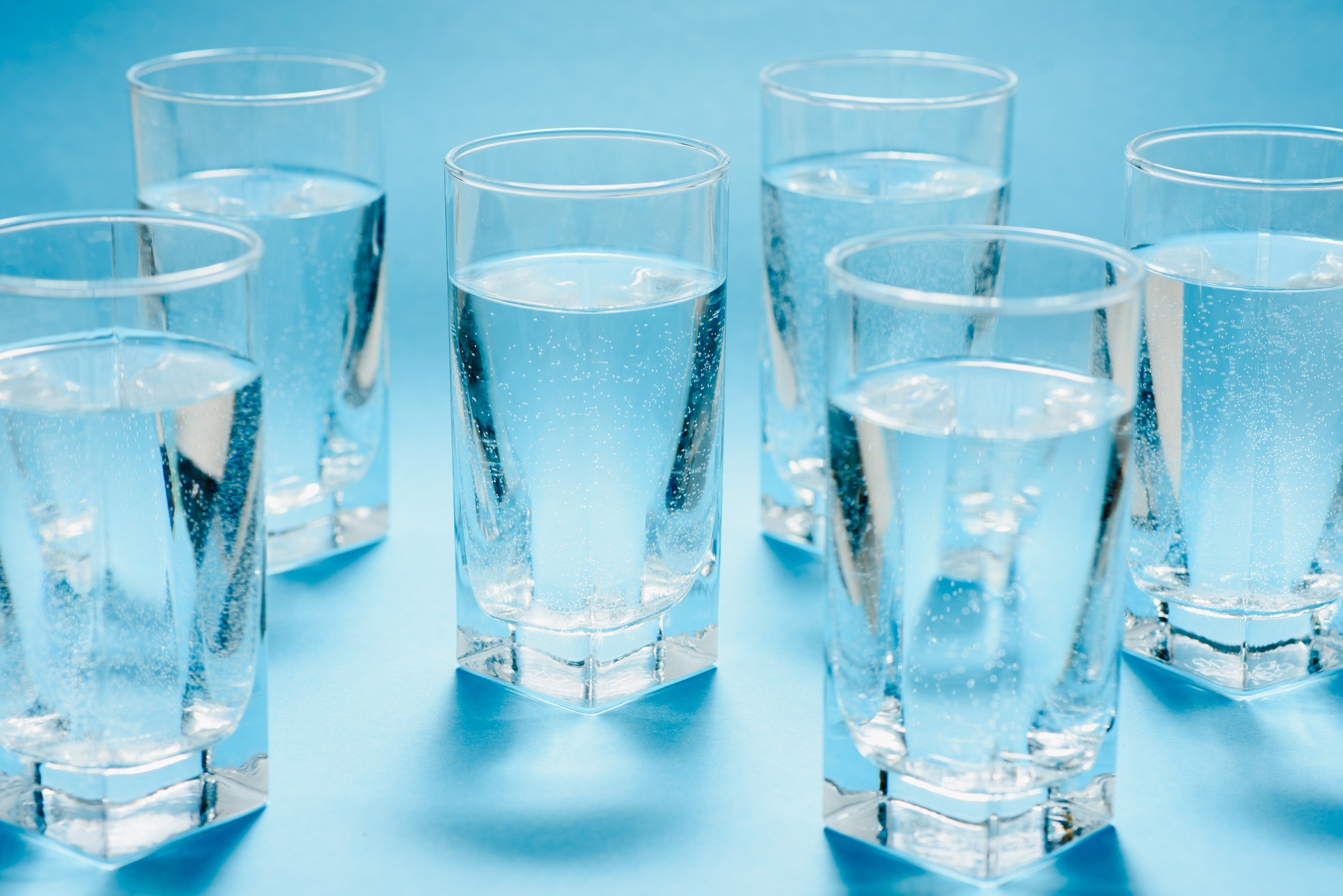
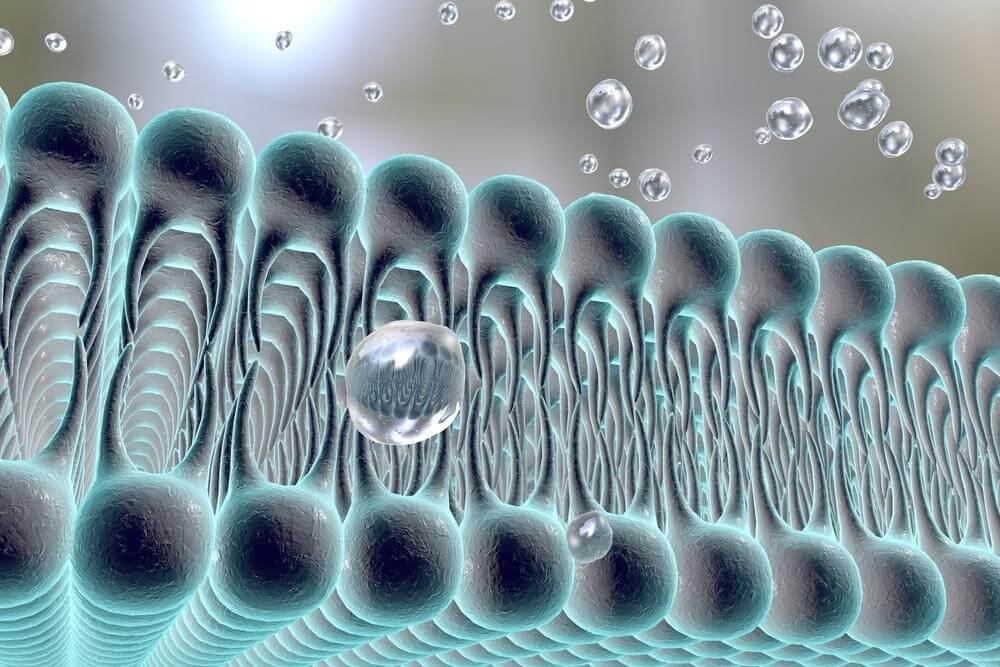
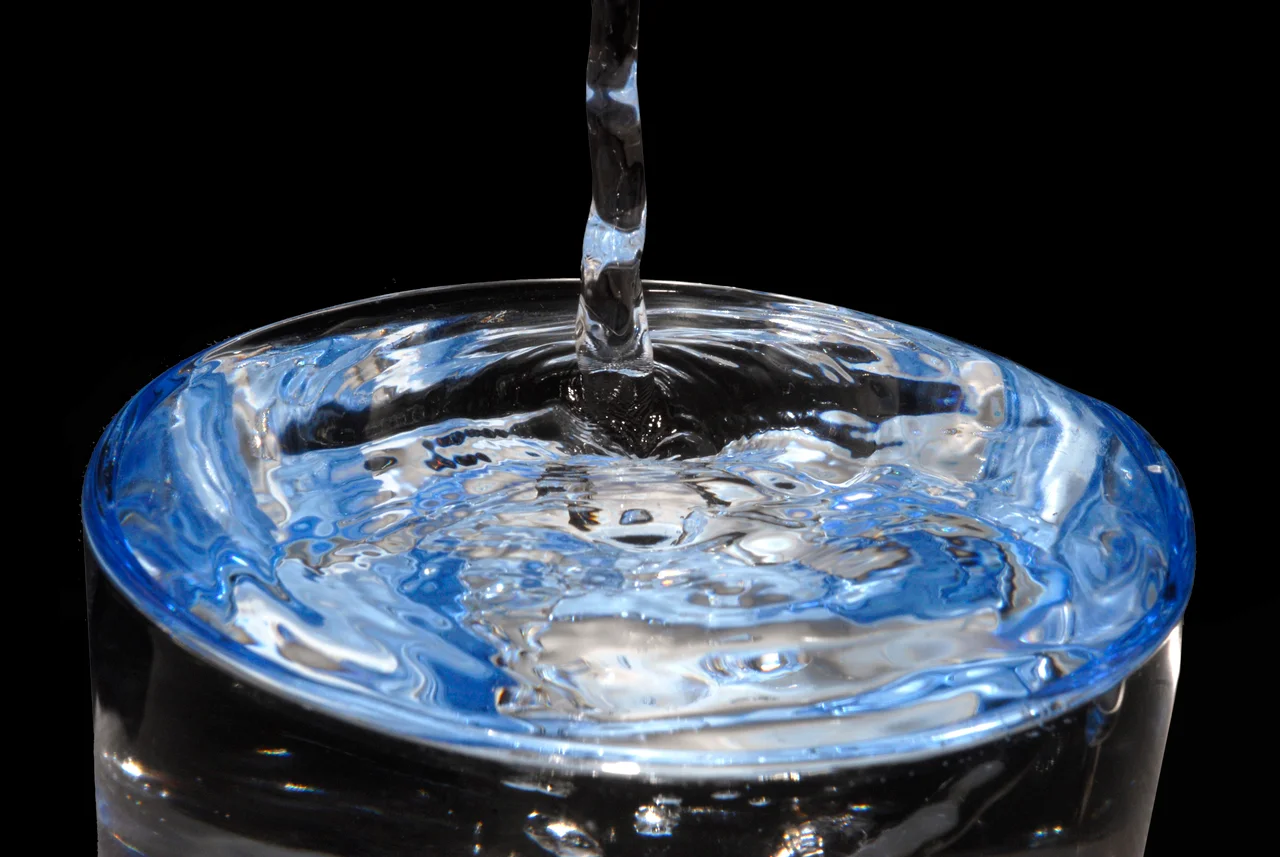
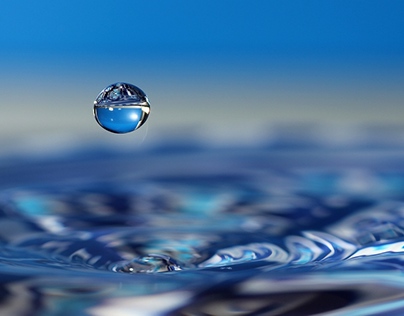

DO NOT EDIT
Water softeners use a process called ion exchange to remove calcium and magnesium ions from the water. Here’s how it works:
Resin Beads: The softener contains resin beads coated with sodium or potassium ions.
Ion Exchange: As hard water flows through the resin, the calcium and magnesium ions are attracted to the beads and swap places with the sodium or potassium ions.
Regeneration: Over time, the resin beads become saturated with minerals. The system regenerates by flushing the beads with a saltwater solution, restoring their ability to soften water.
Resin Tank: Holds the resin beads where ion exchange occurs.
Brine Tank: Stores the saltwater solution used for regeneration.
Control Valve: Manages the flow of water and the regeneration process.
Hard water can cause scale buildup in pipes and appliances, reducing their efficiency and lifespan. A water softener prevents this damage, saving you money on repairs and replacements.
Soft water feels smoother and tastes better. It also lathers more easily with soap, making cleaning tasks more effective.
With soft water, you’ll need less soap, detergent, and cleaning products to get the job done.
Soft water is gentler on your skin and hair, helping to retain moisture and reduce irritation.
Appliances like water heaters operate more efficiently with soft water, lowering your energy bills.
These are the most common and effective type of water softeners. They use ion exchange to remove hardness minerals and require regular salt refills for regeneration.
Pros:
Highly effective at removing hardness minerals.
Long-lasting and durable.
Cons:
Requires regular maintenance and salt refills.
Not suitable for people on low-sodium diets.
Salt-free systems don’t remove hardness minerals but instead alter their structure to prevent scale buildup.
Pros:
Low maintenance and eco-friendly.
No salt or chemicals required.
Cons:
Less effective at reducing hardness.
Doesn’t improve soap lathering or skin feel.
These systems have two resin tanks, allowing one to regenerate while the other continues to soften water.
Pros:
Ideal for large households with high water usage.
Provides a continuous supply of soft water.
Cons:
More expensive upfront cost.
Requires more space for installation.
These devices use magnetic or electronic fields to alter the behavior of hardness minerals.
Pros:
Easy to install and maintain.
No salt or chemicals needed.
Cons:
Limited effectiveness and mixed reviews.
Doesn’t remove hardness minerals.
Test your water to determine its hardness level. This will help you choose a system with the right capacity.
Larger households with higher water usage will need a more powerful system, such as a dual-tank softener.
Salt-based systems require regular salt refills and maintenance, while salt-free options are more hands-off.
Water softeners vary in price, so consider both the upfront cost and long-term savings.
Choose a system certified by reputable organizations like NSF or WQA to ensure quality and performance.
While some homeowners opt for DIY installation, it’s often best to hire a professional to ensure the system is set up correctly.
Salt-Based Systems: Regularly check and refill the salt tank. Clean the brine tank annually.
Salt-Free Systems: Inspect the system periodically for any issues.
All Systems: Replace filters as recommended by the manufacturer.
Yes, water softeners are safe for drinking water. However, people on low-sodium diets should consult a doctor before using salt-based systems.
With proper maintenance, a water softener can last 10-15 years or more.
While DIY installation is possible, professional installation is recommended to avoid potential issues.
Salt-based systems use water during the regeneration process, but modern models are designed to minimize waste.